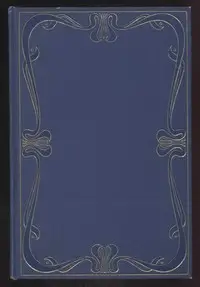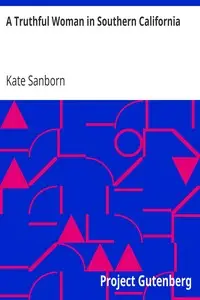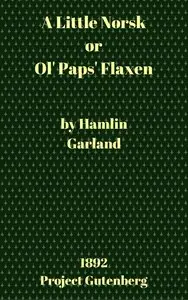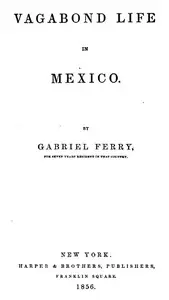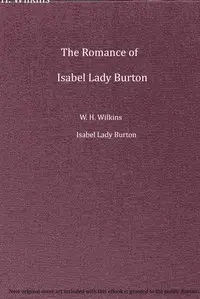"Monsieur de Camors — Volume 2" by Octave Feuillet is a novel written in the late 19th century. The story unfolds around the character M. de Camors, who contemplates his future in politics while becoming increasingly entangled in a complex relationship with Madame de Tecle, a woman of virtue and grace. The intricacies of their interactions hint at themes of ambition, love, and social dynamics, set against a backdrop of romantic ideals and societal pressures. At the start of the narrative, we find the young Count M. de Camors visiting Madame de Tecle in her garden, where she is absorbed in her work on tapestry. Their conversation evolves from political counsel to deeper sentiments, revealing Camors' ambitions and his need for her support in his political aspirations. Throughout their dialogue, it is clear that both characters are wrestling with their emotions, as Madame de Tecle remains cautious about his intentions. The dynamic between them shifts from a straightforward friendship to a complex interplay of admiration and desire, suggesting that feelings not only linger but deepen, complicating their lives further. As Camors continues to navigate his ambitions, he finds himself genuinely drawn to Madame de Tecle, leading to both personal and political dilemmas that encapsulate the drama of the ensuing narrative. (This is an automatically generated summary.)

Monsieur de Camors — Volume 2
By Octave Feuillet
"Monsieur de Camors — Volume 2" by Octave Feuillet is a novel written in the late 19th century. The story unfolds around the character M. de Camors, w...
Genres
Released
2003-04-01
Formats
epub (images)
epub3 (images)
mobi (images)
epub
mobi
Free Download
Overview
About the Author
Octave Feuillet was a French novelist and dramatist. His work stands midway between the romanticists and the realists. He is renowned for his "distinguished and lucid portraiture of life", depictions of female characters, analyses of characters' psychologies and feelings, and his reserved but witty prose style. His most popular work remains his 1858 novel Le Roman d'un jeune homme pauvre, which has been adapted for film many times by Italian, French, and Argentinian directors.
Total Reviews
10.0k
Total reviews from Goodreads may change



